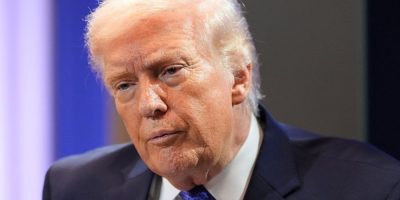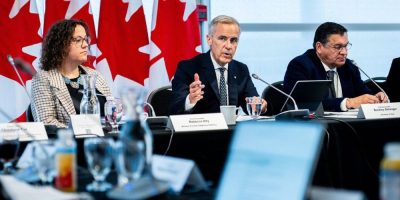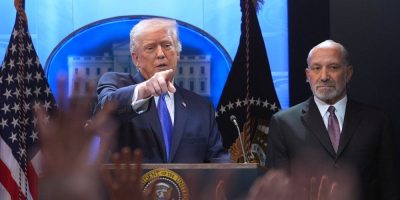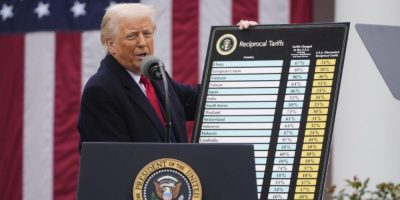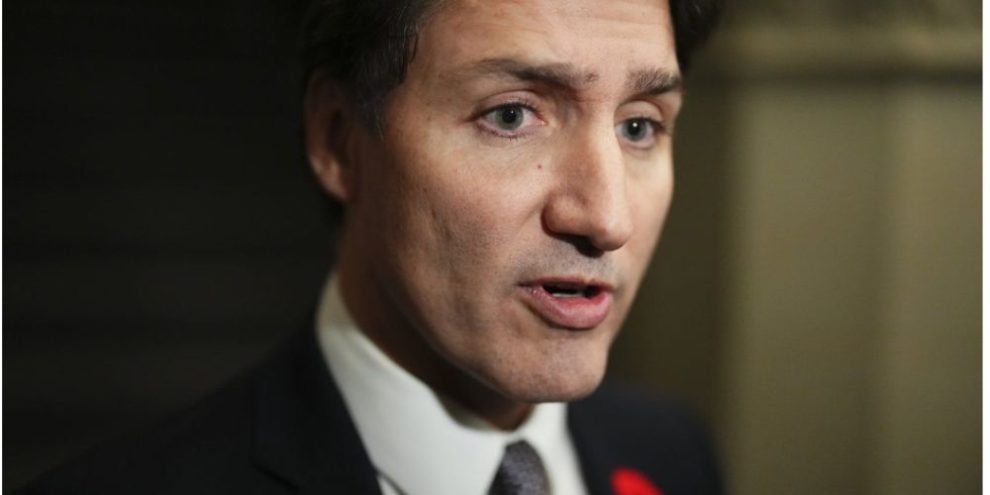
By Stephanie Taylor and Mia Rabson in Ottawa
Prime Minister Justin Trudeau delivered an impassioned plea Wednesday for a "humanitarian pause" in the clashes between Israeli forces and Hamas in the Gaza Strip, to end the violence and "get back on track" to creating a two-state solution in the Middle East.
Trudeau noted that Tuesday marked exactly one month since renewed violence erupted with Hamas militants launching "horrific" attacks on Israeli civilians.
"Every day since then, we've seen violence and horrific images of families, elderly, mothers, children killed," he told reporters before the Liberals' weekly caucus meeting.
The current war is the deadliest to date between Israel and Hamas, an armed militant group that Canada has long listed as terrorist entity.
Israel's government says 1,400 Israelis have been killed, most of them on Oct. 7 when Hamas fighters stormed through the Gaza border, taking another 240 people hostage.
In the weeks since, the Israeli military has responded with incredible force, launching thousands of airstrikes with the stated goal of destroying Hamas. The Hamas-controlled Gaza Health Ministry is reporting more than 10,000 Palestinians dead, including thousands of children.
Six Canadian citizens have died, along with another person with "deep connections to Canada," and two Canadians remain missing, according to Global Affairs Canada.
"We're watching it on TV every night, seeing it all over our social media, and Canadians are hurting and crying out that it needs to stop," Trudeau said.
A humanitarian pause is needed, the prime minister said — one that lasts long enough to allow all foreign nationals, including Canadians, a chance to escape, and one that also allows more humanitarian aid to flow into the besieged territory.
Such a pause must happen "while we begin doing the work of de-escalating the situation," Trudeau said. Fighting needs to stop both in Gaza and in the Israeli-occupied West Bank, he said, where violence is also increasing.
Clashes in the region are making it harder to "get back on track to a two-state solution," he said, referring to Canada's policy to encourage, as Global Affairs Canada puts it, "the creation of a Palestinian state living side by side in peace and security with Israel."
"This is what we need to get to," the prime minister said.
Trudeau made his remarks as foreign ministers of the G7 released a statement demanding that "all parties" permit "unimpeded humanitarian support" to enter Gaza, ranging from medical supplies to water and food.
Foreign Affairs Minister Mélanie Joly was in Toyoko this week meeting with her counterparts, who also collectively urged that humanitarian pauses were needed.
Winnipeg Liberal MP Benn Carr characterized Trudeau's remarks as a reaction to the "very strong need for critical aid to flow into Gaza right now and for (Israel's prime minister) to recognize that there is a necessity at this moment in time for a humanitarian pause that does not detract from Israel's ability and need to deal with the threat that is Hamas."
While Israeli Prime Minister Benjamin Netanyahu has expressed openness to allowing brief pauses in the war, he has outright rejected agreeing to a larger ceasefire until Hamas frees more than 200 Israeli hostages.
Conservative MP Marty Morantz also urged that Canada must be "unequivocal" in calling for their release.
"You can't say it enough," he said Wednesday.
"That should be the number one priority of this government in terms of its foreign policy position, as it relates to the situation in Gaza."
More people connected to Canada had been on a list of people allowed to exit the Gaza Strip through the Rafah border crossing Wednesday, after 75 Canadians, permanent residents and their family members were able to cross into Egypt on Tuesday.
But that crossing was closed Wednesday due to a "security circumstance," a spokesperson for the U.S. State Department said in a midday press briefing.
Global Affairs Canada did not immediately respond to a request for comment about the border closure and what it means for Canadians who were expecting to leave the territory.
Rob Oliphant, parliamentary secretary for Joly, had told reporters earlier on Wednesday that he expected more Canadians to be able to cross over.
But he did not provide additional detail, and outlined that getting citizens out remains complicated.
Canada is working with Egypt, Israel and Qatar, Oliphant said, adding "we are doing everything we can do to get them out as quickly as possible," but emphasized that Canada does not control the process for who gets to leave, including when.
Trudeau's government also faced a renewed push to demand a formal ceasefire in the region on Wednesday, this time from Bloc Québécois Leader Yves-François Blanchet.
Federal NDP Leader Jagmeet Singh has also pressed Canada to advocate for a more-permanent end to the fighting, and more than 20 Liberal MPs signed an open letter last month asking that Canada call for a ceasefire.
Salma Zahid, a Liberal MP who helped organize the letter, said she's going through a difficult time seeing the civilian death toll rise.
"Day by day, hour by hour, it's becoming difficult to see the loss of these innocent civilians."
The Tories have previously rejected calls for a formal ceasefire, with foreign-affairs critic Michael Chong saying last month that Israel has a right to continue to defend itself.
Banner image: THE CANADIAN PRESS/Sean Kilpatrick
This report by The Canadian Press was first published Nov. 8, 2023.
— With files from The Associated Press.
